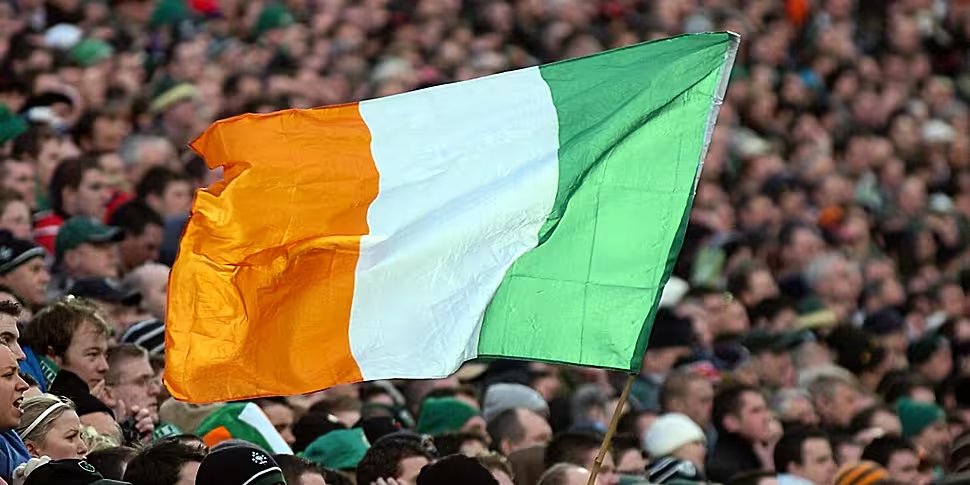People need to 'stop apologising' for Amhrán na bhFiann and should learn the words, a GAA official says.
Newstalk Breakfast host Shane Coleman claimed scenes at the All-Ireland hurling final on Sunday, which saw people cheering before the end of the national anthem, were “disrespectful”.
He said the fan response to the anthem slightly spoiled what was otherwise a fantastic celebration of hurling.
GAA Director of Communications Alan Milton told Newstalk Breakfast this morning the organisation always ask spectators to respect Amhrán na bhFiann.
"The way we look at it is when you play Amhrán na bhFiann at a match your conferring special gravitas or status on a game and it's a really important part of the day," he said.
"I suppose it's a cultural thing: we can't man-mark everybody in the stadium, but you can encourage them and you can try and create a culture whereby the anthem is respected until the last bars of it.
"It does prompt a wider conversation about how people view our national anthem; and indeed how many people actually know it?"
'Every child learning it'
Mr Milton said a wider conversation about the anthem will likely happen in the coming years.
"I think we need to stop apologising for Amhrán na bhFiann," he said.
"There may be a wider conversation about the anthem in the years ahead, I think that's probably inevitable.
"I definitely would, personally speaking, love to see every child on the island of Ireland learn our national anthem.
"I think you've a far better chance if you get young people acquainted with it earlier in life - understanding what it means and understanding the history behind it.
"Whether you like it or not it is our national anthem."
'Militaristic element'
Mr Milton said a lack of knowledge likely harks back to education.
"That's probably back to the education system where I don't think we teach our children or young people our national anthem in the same way, for example, the Americans might teach the Star-Spangled Banner," he said.
"I wonder is that something to do with a post-Troubles society or was there a period where we went through a phase where people weren't particularly comfortable with the nationalistic and militaristic element of our anthem?
"That's probably a discussion for wider society".
'Do people know it?'
Mr Milton said there are two elements to questions around knowing the national anthem.
"I think the first one is do you know the lyrics phonetically? Secondly, do you understand what they mean?
"I think you're less likely to finish any song that you don't understand what it means," he said.
"If you know something and you're intune with it and it resonates with it, it means something to you, you're more likely to stay with it".
Mr Milton said the singing of the anthem is "the pinnacle of our day".
"I wouldn't be overly-critical about it but I do think if the GAA can play a part in trying to shine a light on the fact that this is our national anthem, it deserves respect.
Mr Milton added that if respect can be conferred on the national anthem, "I think we'll have done a job for wider society".









